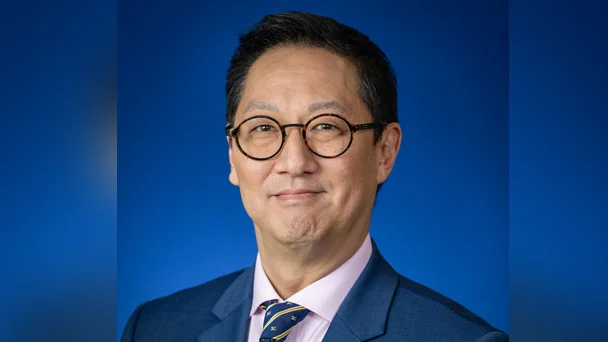Santa J. Ono, President, University of Michigan - Ann Arbor | University of Michigan - Ann Arbor
Santa J. Ono, President, University of Michigan - Ann Arbor | University of Michigan - Ann Arbor
A team from the University of Michigan has employed artificial intelligence to enhance exercise "snacks" for children with autism. Led by exercise physiologist Rebecca Hasson, this initiative was part of adapting the InPACT program—Interrupting Prolonged Sitting with Activity—originally conceived during Michelle Obama's “Let’s Move!” campaign. The program, implemented in 25 Michigan schools, was modified for home settings due to the COVID-19 pandemic.
During the pandemic, the team adapted InPACT for home use. Collaborating with PBS’s Michigan Learning Channel and the Department of Education, they broadcasted the exercises on TV, reaching 15,000 to 20,000 viewers daily. Despite this success, researcher Haylie Miller found they needed to adjust the program to better suit neurodivergent children, so the team began revising the exercises.
“Neurodivergent people process sensory information differently than neurotypical people,” Miller explained. “Neurodivergent people also have differences in body awareness and language processing, and may need more or different prompts to feel comfortable performing an activity.” This realization led to the adaptation process of 132 exercise videos, guided by undergraduate student Tania Sapre and AI tool ChatGPT.
“I had started playing around with ChatGPT to get inspiration about how I should format my instructions,” Sapre said. “I thought that if I could perfect using ChatGPT for my instructions, I could create a simple process that could be replicated by other researchers, teachers, and families at home.” The team organized video content into 500 activities and categorized them by skill, utilizing ChatGPT to simplify instructions for neurodivergent children.
Alanna Price, a regional health coordinator, highlighted the necessity of Adaptive Physical Education (APE). “APE programs modify traditional physical education to meet the unique needs of all students, helping them develop motor skills, strength, and coordination,” Price noted. The program now includes "starter packs" with activity cards for those needing foundational skills, and plans for translation into Spanish and Arabic are underway.
Study co-authors include Alanna Price of the Detroit Public School Community District; Anna Schwartz and Kerry Winkelseth of the U-M School of Kinesiology; Ron Zernicke of the U-M School of Kinesiology and U-M Medical School; and Leah Ketcheson and Jeanne Barcelona of Wayne State University. The team's findings are published in Frontiers in Physiology.






 Alerts Sign-up
Alerts Sign-up